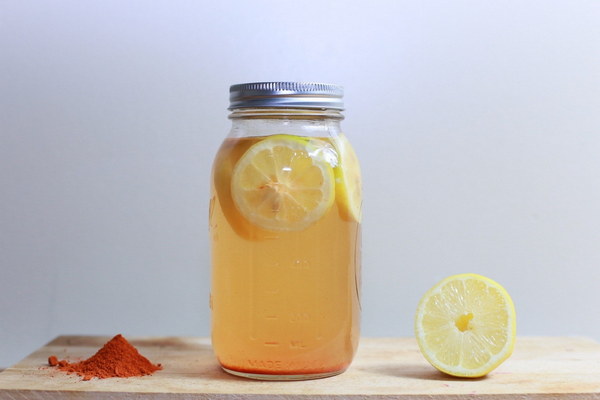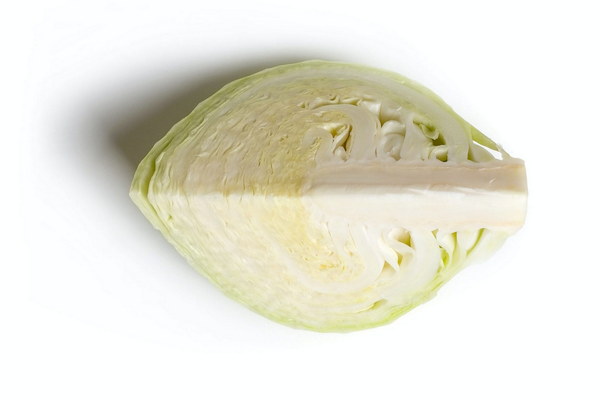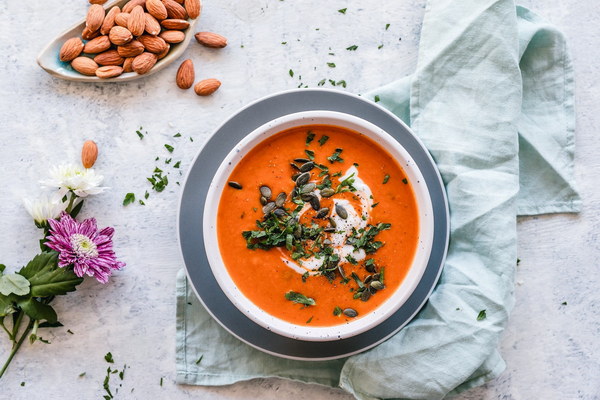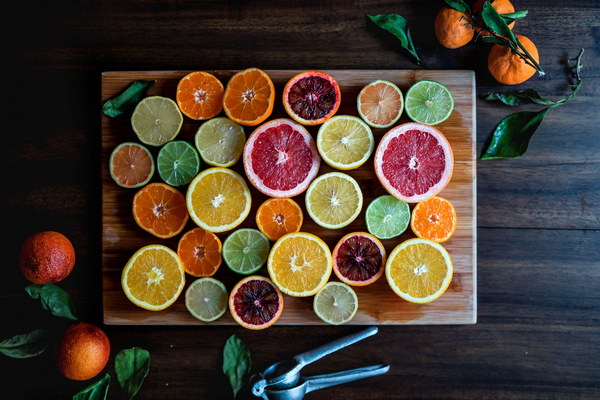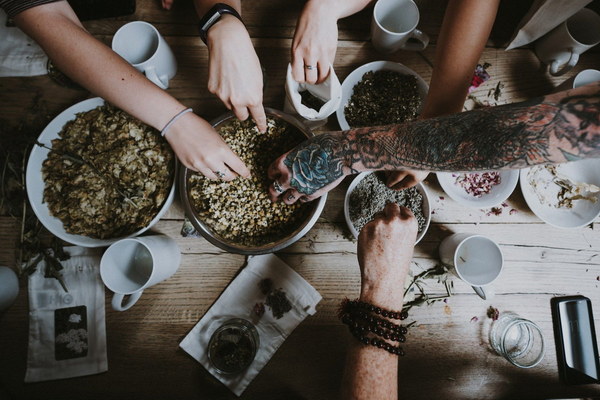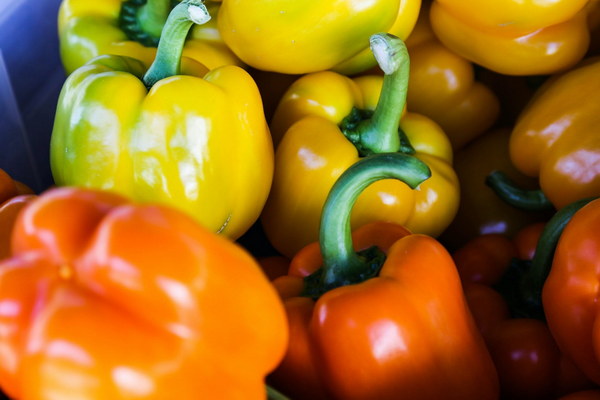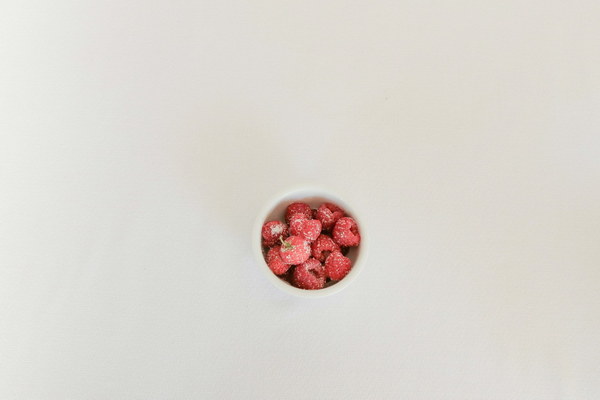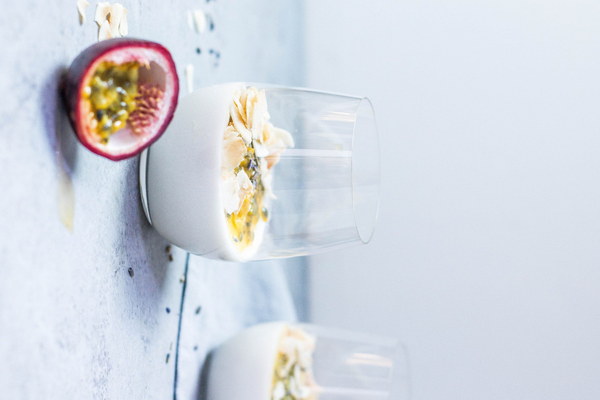Nourishing Remedies for Excessive Phlegm and Cough A Guide to Phlegm-Reducing Foods and Recipes
Introduction:
Excessive phlegm and cough can be quite discomforting and can interfere with daily activities. While medication is often necessary to alleviate symptoms, incorporating certain foods into your diet can also help in reducing phlegm and soothing your throat. In this article, we will explore a variety of phlegm-reducing foods and recipes that can aid in alleviating the symptoms of excessive phlegm and cough.
1. Foods to Include:
a. Garlic: Garlic has natural antibacterial and antiviral properties that can help in reducing phlegm and fighting off infections. Add garlic to your meals or consume it raw to reap its benefits.
b. Ginger: Ginger has anti-inflammatory and expectorant properties that can help in breaking down mucus and reducing cough. Include ginger in your tea, soups, or smoothies.
c. Honey: Honey has natural antibacterial and anti-inflammatory properties that can soothe your throat and help in reducing cough. Mix honey with warm water or lemon juice for a soothing drink.
d. Turmeric: Turmeric contains curcumin, a compound with powerful anti-inflammatory and antioxidant properties. Incorporate turmeric into your dishes or make a golden milk recipe.
e. Onions: Onions have natural expectorant properties that can help in breaking down mucus and reducing cough. Add onions to your soups, stews, or salads.
f. Fenugreek: Fenugreek is known for its mucus-thinning properties. Add fenugreek seeds to your tea or use them as a spice in your dishes.
2. Foods to Avoid:
a. Dairy Products: Dairy products can increase mucus production, so it's best to avoid them if you have excessive phlegm.
b. Sugar: Excessive sugar consumption can weaken the immune system and hinder the healing process. Minimize the intake of sugary foods and drinks.
c. Fried and Processed Foods: These foods can irritate the throat and exacerbate cough symptoms. Opt for healthier cooking methods such as steaming, boiling, or grilling.
3. Phlegm-Reducing Recipes:
a. Garlic and Honey Syrup:
Ingredients:
- 3 cloves of garlic
- 1/4 cup of honey
- 1 cup of water
Instructions:
1. Mince the garlic cloves and set them aside.
2. In a saucepan, bring the water to a boil.
3. Add the minced garlic to the boiling water and simmer for 10 minutes.
4. Remove from heat and let the mixture cool slightly.
5. Strain the mixture through a fine sieve, pressing on the garlic to extract as much liquid as possible.
6. Add the honey to the strained garlic water and stir well.
7. Store the syrup in a jar and take 1-2 tablespoons every few hours to soothe your cough and reduce phlegm.
b. Ginger Tea:
Ingredients:
- 1-inch piece of ginger
- 1 cup of water
- Honey (optional)
- Lemon juice (optional)
Instructions:
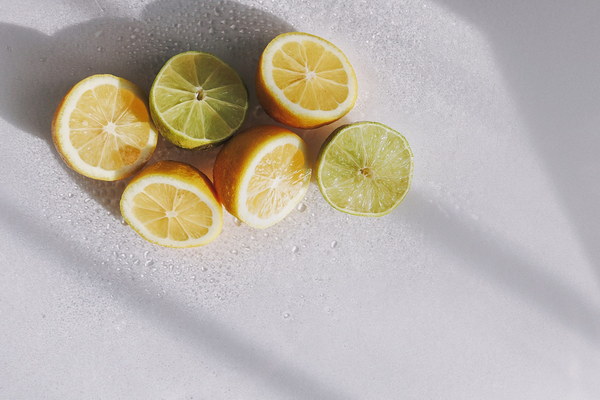
1. Peel and thinly slice the ginger.
2. In a saucepan, bring the water to a boil.
3. Add the sliced ginger to the boiling water and simmer for 5-10 minutes.
4. Remove from heat and let the tea steep for an additional 5 minutes.
5. Strain the tea into a cup and add honey and lemon juice if desired.
6. Drink the ginger tea warm to reduce cough and phlegm.
Conclusion:
Incorporating phlegm-reducing foods and recipes into your diet can help alleviate the symptoms of excessive phlegm and cough. By including garlic, ginger, honey, turmeric, onions, and fenugreek in your meals, and avoiding dairy products, sugar, and fried foods, you can support your body's natural defense mechanisms and promote healing. Remember, if your symptoms persist or worsen, it is important to consult a healthcare professional for further evaluation and treatment.
